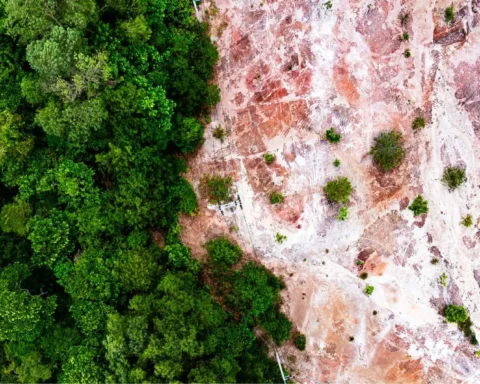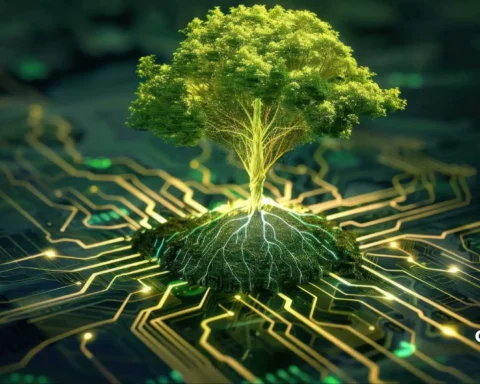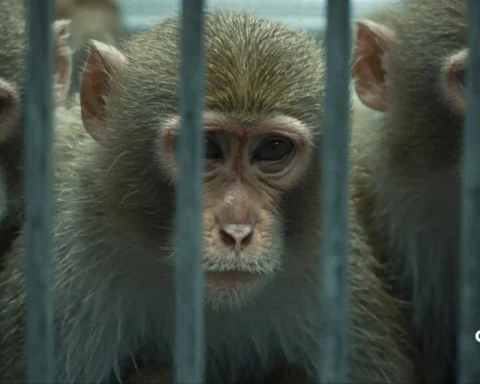Today’s oceans face imminent danger from large amounts of pollution, dumping, and other human garbage. From coral reefs to different types of marine life, marine ecosystems worldwide are under threat. Marine conservation is increasingly becoming a major industry, whether it be plastic pollution or sewage dumping. This blog discusses how to get involved in ocean conservation projects to make a real impact in the industry.
Table of Contents
Understanding the Importance of Ocean Conservation
Most marine ecosystems today are under severe threat from various forms of pollution. Marine animals such as whale sharks often ingest plastic waste, which causes microplastics to get into the food chain, endangering all other forms of life. Other debris can also float in the ocean for large amounts of time and cause great danger to marine habitats. Even activities like fishing, if not done properly, can cause significant harm and habitat destruction. Therefore, marine conservation has a high environmental impact.
Marine sciences are advancing daily, and the ocean is invaluable to human life. The ocean serves many purposes, from regulating excess atmospheric carbon dioxide to managing condensation cycles. Not only that, but marine life forms an essential part of the food cycle. The ocean is also a source of human dependency, as many groups of people, such as coastal communities, depend on it to sustain their livelihoods. Marine wildlife and other ecosystems must be maintained and conserved to ensure excellent ocean health, which can go a long way in sustaining human life on this planet. This blog will go over how to get involved in ocean conservation.

How to Get Involved in Ocean Conservation
One of the easiest and simplest ways in answering how to get involved in ocean conservation is through everyday life. Small changes in your daily life can significantly reduce ocean pollution. Proper waste disposal, recycling of plastics, and reduction in the use of single-use plastics will help to prevent harmful materials from reaching the ocean. Using eco-friendly household products and conservation of water, along with avoiding toxic chemicals in personal care items, contributes to a healthier marine environment. More importantly, activities like reducing carbon footprints and supporting clean energy will help reduce the impact climate change has on the ocean.
In today’s highly connected world, it is even easier to be involved in the activities of marine conservationists. While most professional work requires college degrees, you can look for volunteer opportunities at sustainable fisheries, environmental internships, or other marine conservation fields as a good starting point. Remember, a healthy ocean means a healthy earth. Therefore, it becomes crucial to answer questions such as “How to get involved in ocean conservation?” through simple steps that everyone can follow.
Supporting Sustainable Seafood Choices
Supporting sustainable seafood choices is yet another way to answer how to get involved in ocean conservation. Marine conservation efforts in this field can involve supporting sustainable fisheries and healthy fishing practices. This can be done in various ways, for example- if you are a fisherman, then it is best only to catch the types of fish populations that are available in abundance; if you are a consumer, then it is best to go through the Marine Stewardship Council’s list of approved fish to buy. Reducing seafood consumption altogether or exploring plant-based alternatives also contributes to ocean conservation and can be viable options to explore if you are an animal lover and would like to support the marine conservation community.
Participating in Beach Cleanups and Marine Conservation Projects
Beach cleanups are a more direct and impactful way to save marine life from pollution. These marine conservation initiatives can also be another fruitful answer to how to get involved in ocean conservation. Plastic waste, fishing nets, and all kinds of debris seriously threaten sea creatures like sea turtles, mostly through ingestion and entanglement. Volunteers remove such trash so that the marine ecosystem can be relieved of harm and coastlines kept clean. Many environmental organizations hold cleanup events, but anybody can organize one with friends and community groups.
Beyond cleanups, restoration projects restore degraded ecosystems such as coral reefs, mangroves, and seagrass beds. These provide crucial habitats for marine biodiversity, shoreline protection, and carbon sequestration. Coral rehabilitation projects transplant coral fragments onto degraded reefs, while mangrove and seagrass planting efforts restore breeding grounds for marine life. Turtle conservation projects are also critical in maintaining ideal environments for these graceful creatures. Volunteers and other marine conservation jobs can form an essential part of these activities, contributing to long-term conservation and supporting ocean health.
Conclusion
In conclusion, knowing how to get involved in ocean conservation projects and other efforts is essential. Protecting marine ecosystems and coral reef health is very important to protecting the ocean from pollution. It is also essential to practice sustainable fishing practices, reduce the load on marine animal products, and get involved in coastal conservation projects. Humanity must invest more in beach cleanups and other nature-based solutions to positively impact ocean health.

FAQs
How to Get Involved in Ocean Conservation?
Anyone can help in ocean conservation by reducing plastic use, supporting sustainable seafood, and advocating for marine protection policies. Joining conservation organizations, donating to ocean-focused nonprofits, and spreading awareness about marine issues also make a significant impact.
How do I get Involved in an Ocean Cleanup?
A good starting point is to look for local or global cleanup events organized by groups like Ocean Conservancy or Surfrider Foundation. You can also organize your own cleanup with friends or volunteer for restoration projects that focus on coral reefs, mangroves, and coastal habitats.
How do You Get Into Marine Conservation?
You can get involved by pursuing studies in marine biology, environmental science, or conservation management and gaining hands-on experience through internships or volunteer programs. You can also start by becoming involved in conservation organizations, participating in citizen science projects, and advocating for the protection of marine life.









